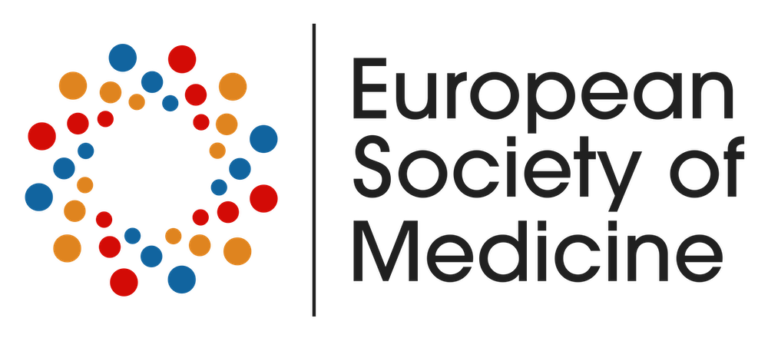Cellular entry and infection of SARS-CoV-2 virus are mediated by two key proteins in host cells, angiotensin converting enzyme 2 (ACE2), a host transmembrane protein, providing the binding sites for SARS-CoV-2 on the host cell surface, and transmembrane protease serine 2 protein (TMPRSS2), priming the S protein of SARS-Cov-2 to facilitate the viral entry into the host cells. Both ACE2 and TMPRSS2 proteins are regulated by androgen receptor (AR) signaling. Previously, Proxalutamide has been reported to downregulate the expression of ACE2 and TMPRSS2 in cells derived from prostate, lung cancer and normal lung epithelial cells. In this study, we demonstrate that Proxalutamide inhibited the infection of SARS-COV-2 wild type, alpha and delta variants, with IC50s of 69, 48 and 39 nM, respectively. Moreover, Proxalutamide reduced SARS-COV-2 viral load in outpatients with COVID-19.Recently, Proxalutamide has been reported to reduce the mortality rate (HR=0.16) and lung injury (by 57%, active drug vs placebo groups) in hospitalized patients with COVID-19 in an IIT phase III study. We presented here the mechanism of action of Proxalutamide for targeting cytokine storm in severe COVID-19 patients. Proxalutamide was demonstrated to activate nuclear factor erythroid 2-related factor 2 (Nrf2) in macrophages, which stimulates the antioxidant response element (ARE) for reducing cytokine storm-induced organ damage in COVID-19. In addition, Proxalutamide inhibited TNF alpha and IL-6 expression and blocked INF gamma signaling by downregulating STAT1 expression in immune cells. Importantly, Proxalutamide reduced inflammatory cells in lungs in a Poly (I:C), pseudoviral induced-lung injury animal models. Further, Proxalutamide decreased C-reactive protein, D-Dimer and improved lymphocyte count, biomarkers for COVID-19 progression in clinical studies. Together, these results provide a strong rationale for the treatment of severe COVID-19 patients with Proxalutamide.

- Journal
- Articles
- Author Center
- Society

Editorial Board
The ESMED Editorial Board is comprised of experts from around the world.

Meet the community
See what our members have been working on.

Membership
Join ESMED for access to member-only content, congress discounts, and more.
- Membership

